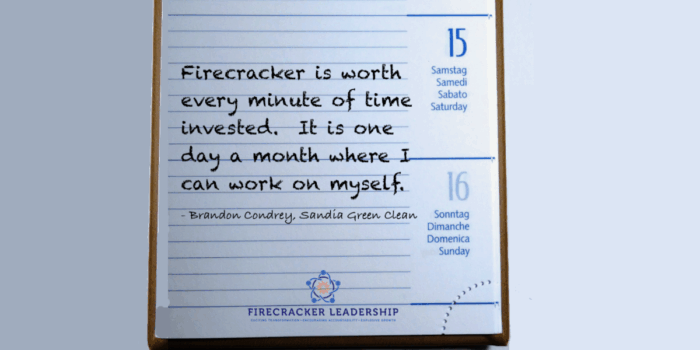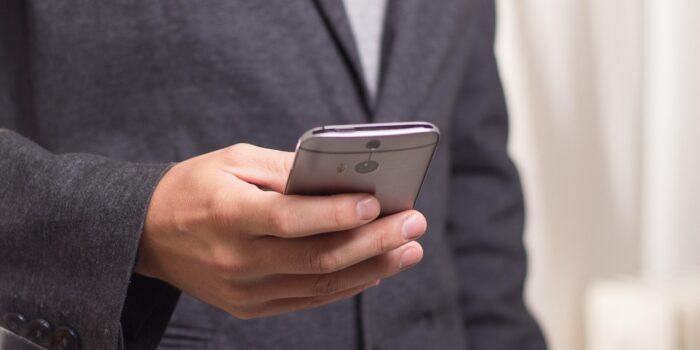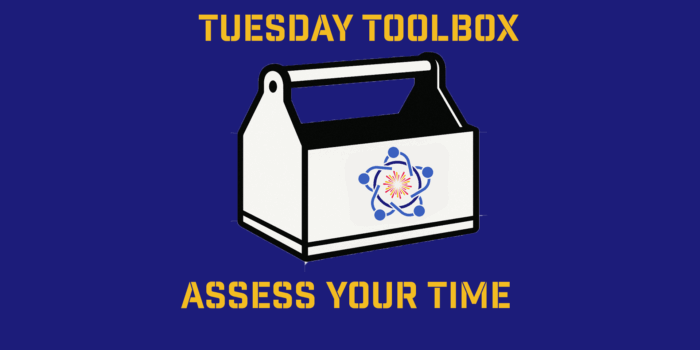You have to read to the end to hear: “your kids don’t need all the stuff and experiences, being present is gift enough.”
Davon Cannon never thought he would spend $5,000 on a four-day summer vacation. But there he was, buying Universal Studios tickets for his three sons, reserving a room at one of the theme park’s resorts. On Saturday, they drove down to Florida.
“We’ve never spent that much money,” says Mr. Cannon, a 44-year-old IT manager in Grayson, Ga. But he can’t stop thinking about all the things his boys have missed over the past couple of years—the family get-togethers they didn’t attend, the lonely birthdays spent jumping in a rented bounce house, no friends allowed.
After more than two years of canceled graduation ceremonies, virtual bar mitzvahs and spring-breaks-turned-staycations, parents are scrambling to make up for lost time. So many childhood milestones were missed, they reason, whether in state shutdowns, or positive home tests and quarantines.
“Are we messing up our kids?,” we wonder. Just how critical is a fourth birthday party to a happy upbringing? And why do everyone else’s celebrations and travels always look so perfect on Instagram? Maybe splurging can fix this.
“We’re going big,” says Kerry Doman, who invited me, during the course of our one-hour interview, to the combined birthday party she’s throwing for her soon-to-be 6-year-old son and 1-year-old daughter. There will be a food truck. There will be a professional Elsa from “Frozen.” There might be 100 guests.
Ms. Doman, who runs a website geared toward parents in the Detroit area, has been working on the September fête since June. But she knows that booking the vendors and sending out the invitations are no guarantee that Covid-19 won’t interrupt her plans. Plenty of milestones continue to be missed as the latest wave of infections fuels a fresh round of cancellations and inconveniences. A positive test could mean a rescheduled, scaled-back party, or just their family of five, gathered around the table with a cake.
“It’s slightly deflating,” Ms. Doman says of the fact that plans are still so tenuous. She reasons this is just our reality right now, and it’s teaching her kids resilience. “It’s a great learning experience that, hey, there are disappointing moments in our life.”
Still, wouldn’t it be nice if our plans worked out for once?
“I wanted to give him this party so bad,” says Whitney Hoffman-Bennett, an Atlanta mom whose youngest son celebrated his third birthday—and first party—last month. She never thought she would be the parent shepherding her three kids to soccer, gymnastics and any sleepover they get invited to.
“I have a hard time of saying no now, mostly because I feel like I had to say no for so long,” she says.
Trying to make up for every missed event and activity generates more stress and guilt. We’re exhausted trying to have it all. We worry about overcompensating—will our kids see this year’s treats and special occasions as their new normal? Even as we mourn what was lost during the pandemic, we’re wringing our hands about everything that was gained—freedom, flexibility, quiet moments—as some of us head back to offices and the pace of our old lives.
Ms. Hoffman-Bennett, who works at marketing-software company CallRail, is quick to rattle off the milestones she was able to witness while working from home. With daycare closed, she caught her son’s first steps, heard his first words. It was magical, and makes her feel a pang about the fact that she returned to work three months after having her older children.
“I was, like, God, this is so great. We’ve missed it all,” she says.
Anxiety is at the heart of modern child-rearing, says Andrew Bomback, a physician in New York and author of a forthcoming book about the cultural history of parenting.
When you have a baby, “You’re taking on this performance role,” he says. Judgment comes from other parents on the playground, comments on social media and the older woman at the grocery store who really thinks your newborn should be wearing socks.
A trip to Disney World or the first-day-of-kindergarten photo shoot takes on added pressure and significance because it proves to ourselves, and everyone else, that we’re good parents.
“We’re experiencing this family moment,” says Dr. Bomback, “And we need to let everybody know that we’re doing it in a really successful way.”
Do our kids actually care? The pandemic has had steep mental-health consequences for many, especially school-age kids. But are big milestone celebrations—many of which are only available to the privileged, anyway—more important than a weekday evening spent snuggling together with your kid on the couch?
I felt awful about the fact that my two kids, who are 3 and 5 years old, hadn’t experienced much travel. But when we finally took them to Washington, D.C., this spring, my son’s main recollection of the trip, reported to his preschool class on Monday morning, was that he had gotten to have a Popsicle before breakfast. (True.)
Some parents’ concerns about their kids are really projections of their own anxieties, Dr. Bomback says. “They just assume that kids are feeling the same.”
If you’re struggling with feelings of grief or anger, try writing down all the activities you’ve had to skip, suggests Pooja Lakshmin, an Austin, Texas-based psychiatrist and chief executive of Gemma, a mental-health education startup. Next to each one, list your deepest fear associated with the loss—for example, that canceling your child’s birthday party will ruin her summer or make him a social pariah at daycare. Then ask yourself how likely that worst-case scenario is.
“You’re reality-checking the situation,” Dr. Lakshmin says.
Pick one item from the list to splurge on, she advises. Then accept that you won’t be able to fully replace the missed milestone, no matter how much you spend.
Victor Aragon, a customer-service worker in Chicago, has taken to ordering impromptu gifts for his son and daughter recently: a special-edition CD from South Korean boy band BTS, a wrestling figurine.
He can’t quite shake some of the losses of the last couple of years. There was the dance recital that was recorded in the studio with no audience, the First Communion with only immediate family allowed. He feels cheated on his kids’ behalf, and worries they weren’t able to make deep memories to carry into adulthood. The presents help him cope, a bit.
“There’s days where I feel that I’m happy that I’m able to do that for them,” Mr. Aragon says. “And then there’s days that I’m sad that I wasn’t able to give them more.”



